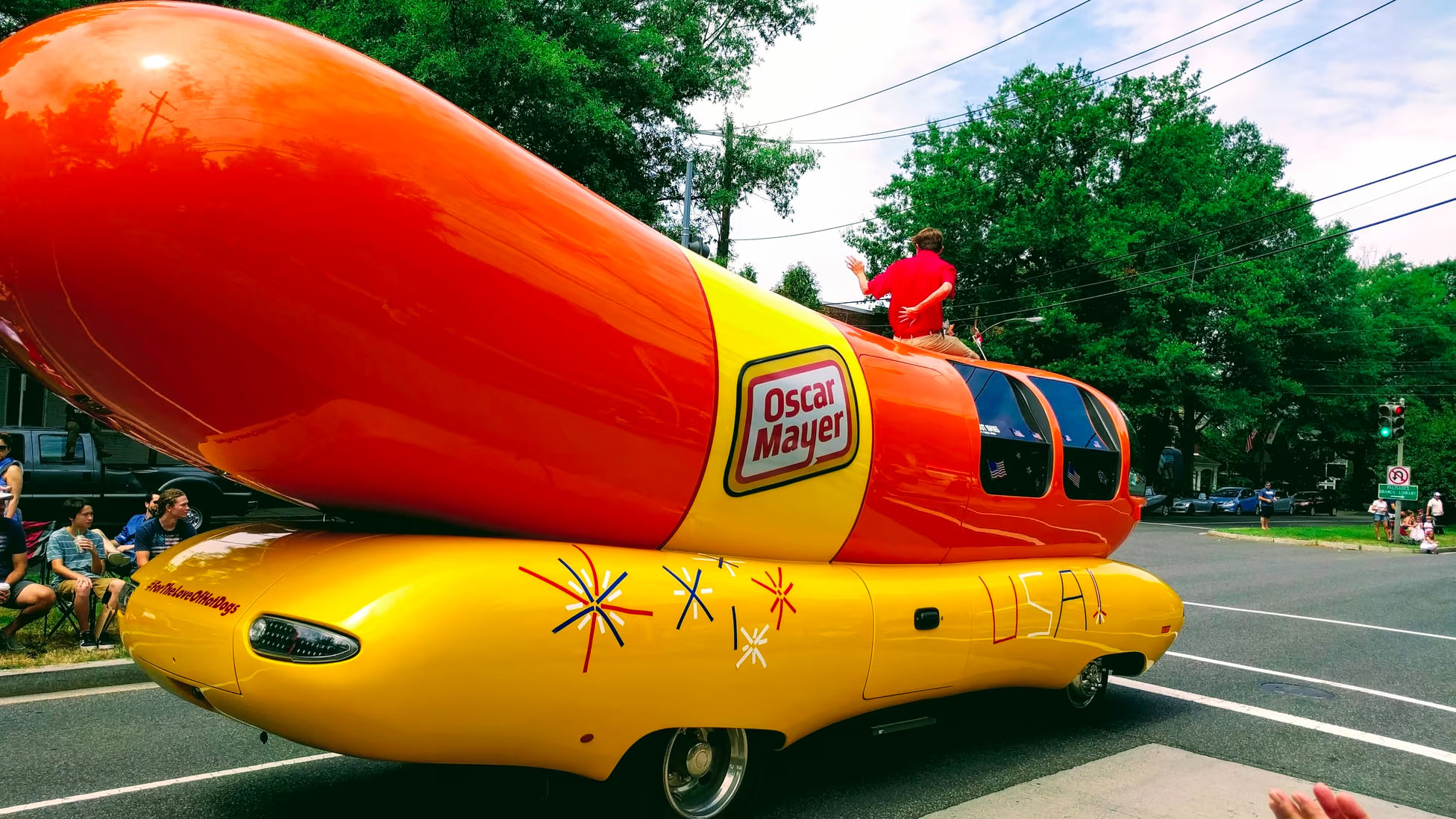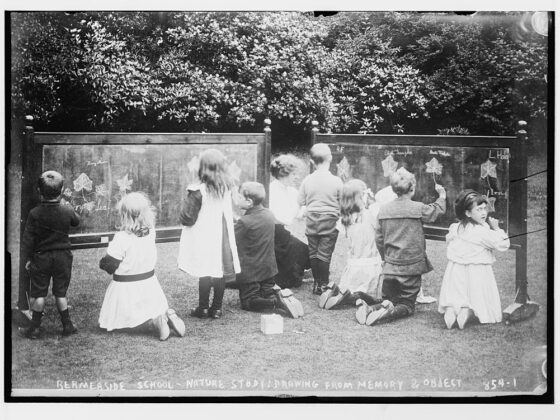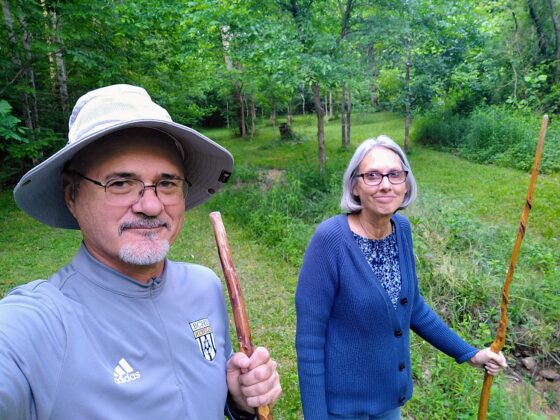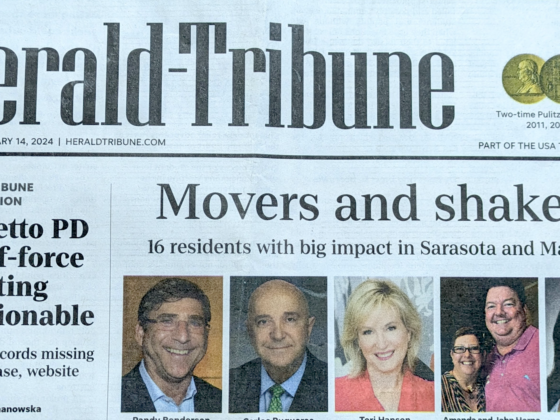Our two great American holidays are, of course, Thanksgiving and the Fourth of July.
They’re particularly American: Independence Day, for obvious reasons. Thanksgiving, because no one else observes it (other than Canadians, who have their own version on their own timetable), or can keep track of when it is. For Americans overseas it’s a particularly wonderful gathering day, on what the Brits or Koreans or French people around you assume is just another Thursday.
They have their rituals: In November, when it’s cold, we have the family gatherings, the pie and turkey, the stuporous sessions watching football or parades on TV. In July, when it’s hot, we have the picnics, the parades, the hot dogs, and the fireworks.
And they’re hard to screw up: For Thanksgiving, the perils are the slog of jammed travel, and the likelihood of cranky relatives, or a turkey or pie that doesn’t turn out right. For the Fourth of July, it’s mainly the chance of rain, or mishaps with firecrackers (which, yes, genuinely scare dogs and cats), or children who become cranky by the time it’s dark enough for fireworks.
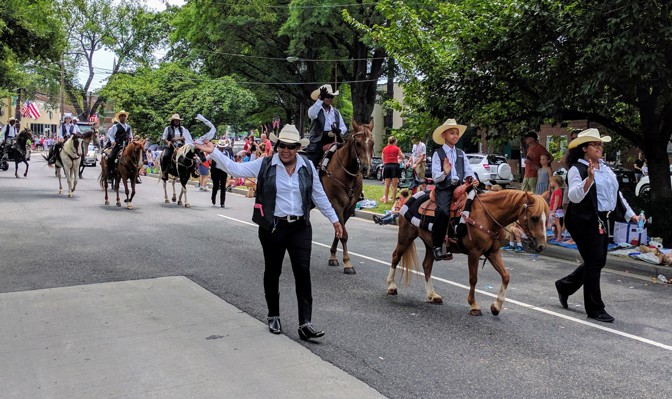
It’s hard to screw up the Fourth of July—but it’s not impossible, as residents of Washington, D.C., are witnessing today. Over the decades, this holiday has been one of the least politicized, most intentionally inclusive points on the city’s calendar. I lived in Washington for a year as a toddler, when my dad, then a Navy doctor, was stationed at the Bethesda Naval Hospital during the Korean War. Long ago I saw the old, now-lost home-movie clip from the 1950s, of me and my little sister running around on the National Mall on the Fourth of July, waiting for the fireworks. When we raised our own children in D.C., we loved every summer going to the Palisades neighborhood parade along MacArthur Boulevard, which grew longer every year with groups that reflect ever-broadening aspects of D.C. life.
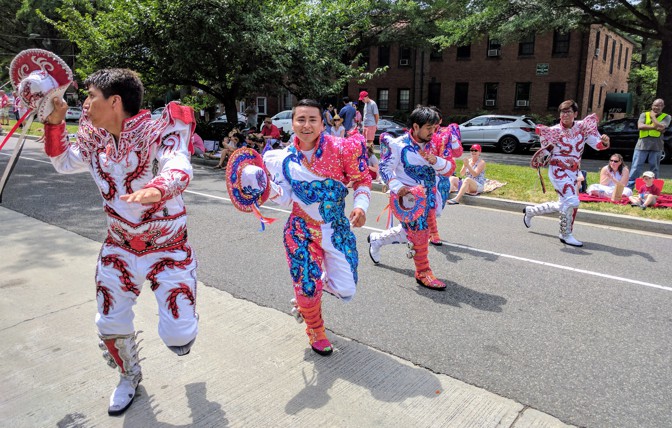 Dancers from Fraternidad Alma Boliviana, one of many dance troupes that traditionally march in the Palisades neighborhood parade. This was from 2017. (James Fallows / The Atlantic)
Dancers from Fraternidad Alma Boliviana, one of many dance troupes that traditionally march in the Palisades neighborhood parade. This was from 2017. (James Fallows / The Atlantic)Local politicians would march in the parade—candidates for mayor or City Council or Advisory Neighborhood Commission. Every Scout troop and local band or hobbyist group would send in a contingent. But national politicians kept far away, the president furthest of all. The Fourth of July was for celebrating America in its flawed-but-aspirational idealism, and in its campy, jokey, small-ddemocratic inclusiveness. The silly neighborhood parades are parts of the rituals that let us celebrate why we love the country, for all its failures, and what it can become.
This year that ritual, at least in Washington, is disrupted, in what we hope is an aberrational display. Apart from going to neighborhood events today, and the evening celebrations, what is another way for Americans to reclaim, and renew, the rituals that reflect what Independence Day has long stood for?
I have a reading suggestion for today, or the long weekend. It’s a short book, Become America, by my longtime friend Eric Liu, who is a co-founder of Citizen University in Seattle.
Liu, who was born to immigrant Chinese parents in Poughkeepsie, New York, was trained as a lawyer and worked as a White House policy analyst and speechwriter. Through programs, events, and writings at Citizen University, he has over the past decade-plus advanced a theory and practice of modern citizenship, which is directly addressed against the despair and cynicism that are such natural reactions to today’s cruelties and crises.
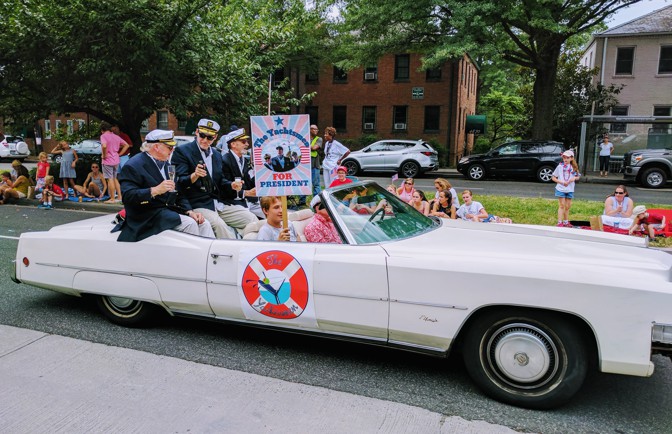 Big-tent inclusiveness at the Palisades parade (with the “Yachtsmen for President” display) (James Fallows / The Atlantic)
Big-tent inclusiveness at the Palisades parade (with the “Yachtsmen for President” display) (James Fallows / The Atlantic)The conceptually most important part of Liu’s new book is its forthright argument that active citizenship should be a civic religion. The book consists of 19 “sermons” that Liu has delivered at the institutions he calls “Civic Saturdays.” The big idea behind the sermons, and the religious-format gathering, is Liu’s call to a level of belief and commitment similar to that of a great religion—but where the underlying faith is in the process of democracy itself.
A section from his preface lays out the concept clearly:
Throughout 2016, Jená Cane and I kicked around ideas for a new civic ritual that would have the moral pull and communal feel of a faith gathering. We’re the cofounders of a nonprofit called Citizen University, whose mission is to foster a culture of powerful citizenship in the United States. (We’re also spouses!)
[After the 2016 election] we put together the first ever Civic Saturday … Civic Saturday has the arc of a faith gathering: we sing together, we turn to the strangers next to us and talk about a common question, we hear poetry and readings, there is a sermon that ties those texts to the issues and ethical choices of the times, and then we sing together again and reflect on what actions we commit to taking.But this gathering is not about church or temple or mosque religion. It is about American civic religion: the creed of ideals stated at our nation’s founding and restated at junctures of crisis (like today), and the deeds by which we and those before us live up to the creed.
Why the analogy to faith gatherings? In part because over the millennia the major faiths have figured out something about how to help people find meaning and belonging, how to interpret texts and to reckon with the gap between our ideals and our reality, how to sustain hope and heart in a sea of cynicism and hate. And in part because we truly believe that democracy in America is an act of faith. Not faith in the divine but in the people with whom we hold the fate of this fragile experiment …
The idea that a religion is only as good as its effects can apply to American civic religion as well … [William] James at one point observes that war can summon in a people common purpose and self-sacrifice and ingenuity and he says a society needs the “moral equivalent of war.”
I say we need the moral equivalent of religion, and that is what civic religion is.
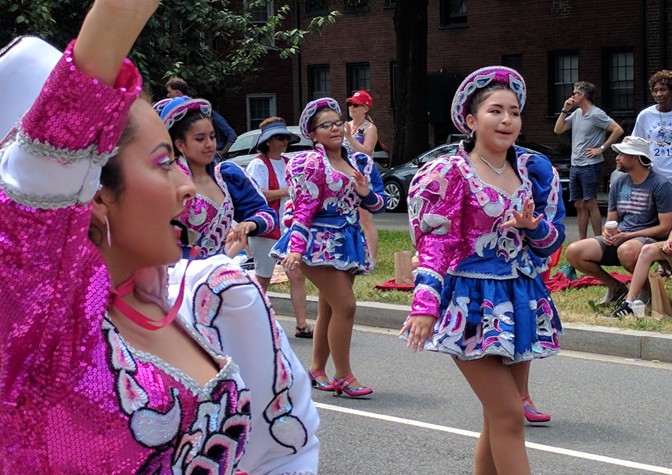
The other significant theme connecting Liu’s essays is their emphasis on practicalities, rituals, doing rather than wishing. As he says in one of his sermons:
Democracy, when it’s working, is a game of infinite repeat play. It never ends! We believe that it’s necessary in the face of such unending uncertainty to provide a ritual structure for belief in the possibility of democracy.
Why do we deliberately echo the elements of a faith gathering? Because that language, those forms, these rituals and habits all resonate on a deep level …
In these darkest of days, in a time when politics is so fiercely polarized, when traditional religion fuels so much fundamentalist fanaticism, we want to appreciate anew the simple miracle of democratic citizenship …
This stuff matters not simply because it answers a universal and timeless yearning for shared purpose. It matters here because it locates us atomized, amnesiac Americans in the broad scheme of history and in a larger weave of morality. It matters because the norms and institutions of democracy are being corroded from within and without.
Many of the sermons address specifics of how to convert a hazy concern about civic engagement to feasible to-do goals for the next day or week or year.
Go to your local parades. Have some hot dogs, or your food of choice. If of age, enjoy a beer. Be careful with the fireworks.And as you reflect on whether a country observing its 243rd birthday can become a better, freer, fairer, finer version of itself, consider Eric Liu’s arguments in Become America.
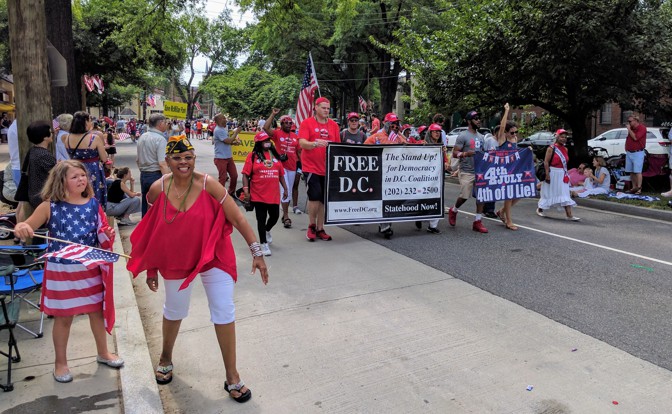 Local engagement and the quest to become a fairer America, at the Palisades parade two years ago (James Fallows / The Atlantic)
Local engagement and the quest to become a fairer America, at the Palisades parade two years ago (James Fallows / The Atlantic)
